The meeting in Bucharest of the foreign affairs ministries from the NATO member states, which is the the first of such importance since the North Atlantic Alliance Summit in 2008, represents a recognition of the role Romania plays in this part of Europe, political scientist Cristian Pirvulescu told AGERPRES.
"It is of crucial importance. This is a recognition of the role Romania has been playing in this part of Europe. This will not only be symbolic, for we already know now how important was the meeting in 2008, because of everything that happened later, including the war in Ukraine, considering the positions that were stated there, both by the NATO partners and by Vladimir Putin, who was, at that time, carrying out his second term in office as the President of Russia. Now, this meeting confirms Romania's status, which is unique in this area, of a pillar of NATO and, obviously, not just in military but also in political terms, we do needed to emphasize this. At the same time, the meeting sends a message to the citizens of Romania in respect to the role played by our country in this organization, which is of a major importance as I believe that everybody understands it now," stated Professor Cristian Pirvulescu.
He also hailed the participation in the meeting in Bucharest of countries such as Ukraine, the Republic of Moldova, Georgia, Finland, Sweden and Bosnia and Herzegovina, some of which have already expressed their desire to become part of the North Atlantic Alliance, which represented a criterion in the choice of participants at the event.
"Certainly, yes, because the states that are closer to Russia geographically feel in danger right now - Finland has already submitted an official request with NATO, although, for now, it is being blocked by Hungary and Turkey, not coincidentally both countries being in a special relationship with Russia. For the other countries, Georgia and Ukraine, it is a vital signal, these countries would like to, but the geopolitical context makes their accession unlikely, and what is happening in the Western Balkans, not only in Bosnia and Herzegovina, but also in Kosovo or in Montenegro, shows how important this area is for maintaining stability. So the invitation of these states has a geopolitical significance, it is a signal sent to Moscow and, indirectly, to its partners in the area who are interested in destabilizing the situation in the Balkans," explained the political scientist.
Regarding the energy security, one of the topics of discussion at the ministerial meeting, Cristian Pirvulescu showed that NATO does not have many political and economic solutions, but it provides military protection, which is essential when it comes to securing members' access to energy resources.
"This topic has already been discussed in Madrid. NATO doesn't have very many political and economic solutions, while it does provide military protection, which is essential when it comes to securing members' access to the necessary energy resources. This is a change in the strategy of the member states in the European Union and in NATO, but especially of those in the EU, in what concerns the energy resources and the energy security. Having this on the agenda is very important. We are all aware of the importance of this topic. The discussions will propose different types of solutions. In what concerns the Republic of Moldova, as you well know, there was a donors conference held in Paris, where they tried to solve the current crisis. But the strategic problem remains and it can also be approached at the level of NATO, provided that the member states all agree, which is hard to believe will happen, because Hungary or Turkey have not only geostrategic interests, but also energy interests different from the other states," stated Cristian Pirvulescu.
Asked whether a war in which Ukraine emerges victorious can mean the resolution of the Transnistrian problem, a frozen conflict that has lasted for over 30 years, or, if the war ends in favour of Russia, we will have two frozen conflicts, Professor Pirvulescu said that this depends on how the war will end.
"It depends on how the war will end. The first hypothesis you proposed is that of a Ukrainian victory, which is possible but still uncertain. Ukraine is trying to take advantage of the tactical advantages it has by knowing the territory, in order to have a position of strength in the peace negotiations. And, yes, a victory for Ukraine will probably also mean the beginning of a solution to the Transnistrian conflict. It depends on how serious Russia's situation will be. Because Russia will try to maintain all frozen conflicts. In case of an improbable Russian victory - a victory on the ground, a military victory - then the geostrategic situation becomes very complicated, because Russia is an advocate for a new world order, which it will try to impose by force. But it does not have the world's support. China is not interested in a new world order. The current world order is satisfactory to China because it has become a superpower in the new bipolarity that Biden and Xi Jinping announced in Bali," said Cristian Pirvulescu.
Regarding the discussion of a possible peace initiative and the role that Romania can play in this sense, the political analyst specified that it is not the problem of the NATO states to initiate peace talks.
"It is obvious that Romania is not an important diplomatic actor in this conflict, but I think that it is not the problem of the NATO states to initiate peace talks. It is the problem of the Ukrainian authorities who will determine when and how, and the NATO states will ensure, as they did until now, all the necessary support," stated Pirvulescu.
The politologist also said that, at the end of the meeting in Bucharest, in the context of the war in Ukraine, Romania can obtain "a much more important position within NATO, a recognition of the role our country has here and a strengthening of its military capabilities in the medium term, not only of Romania, but also of the partners present here."

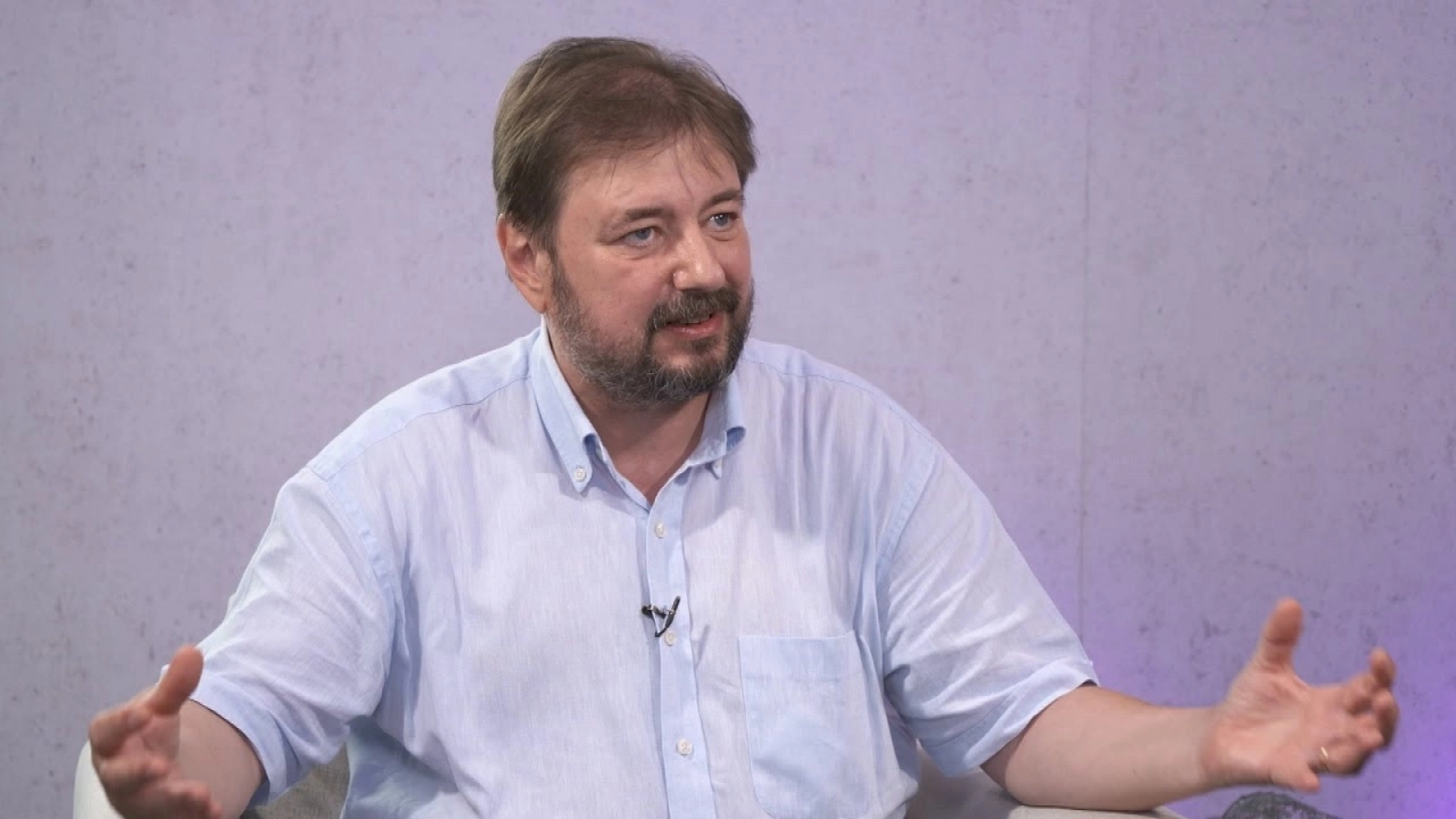
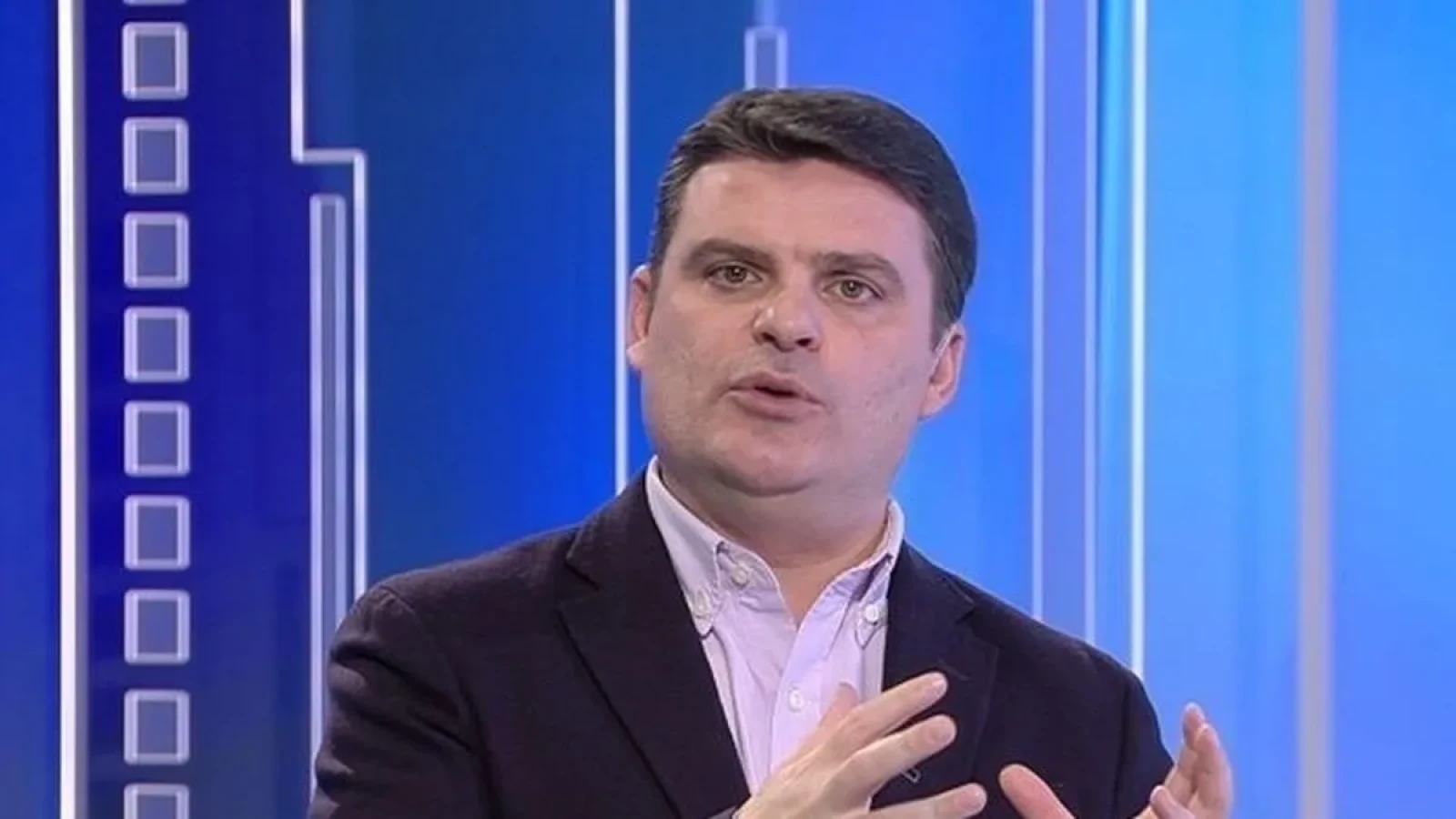
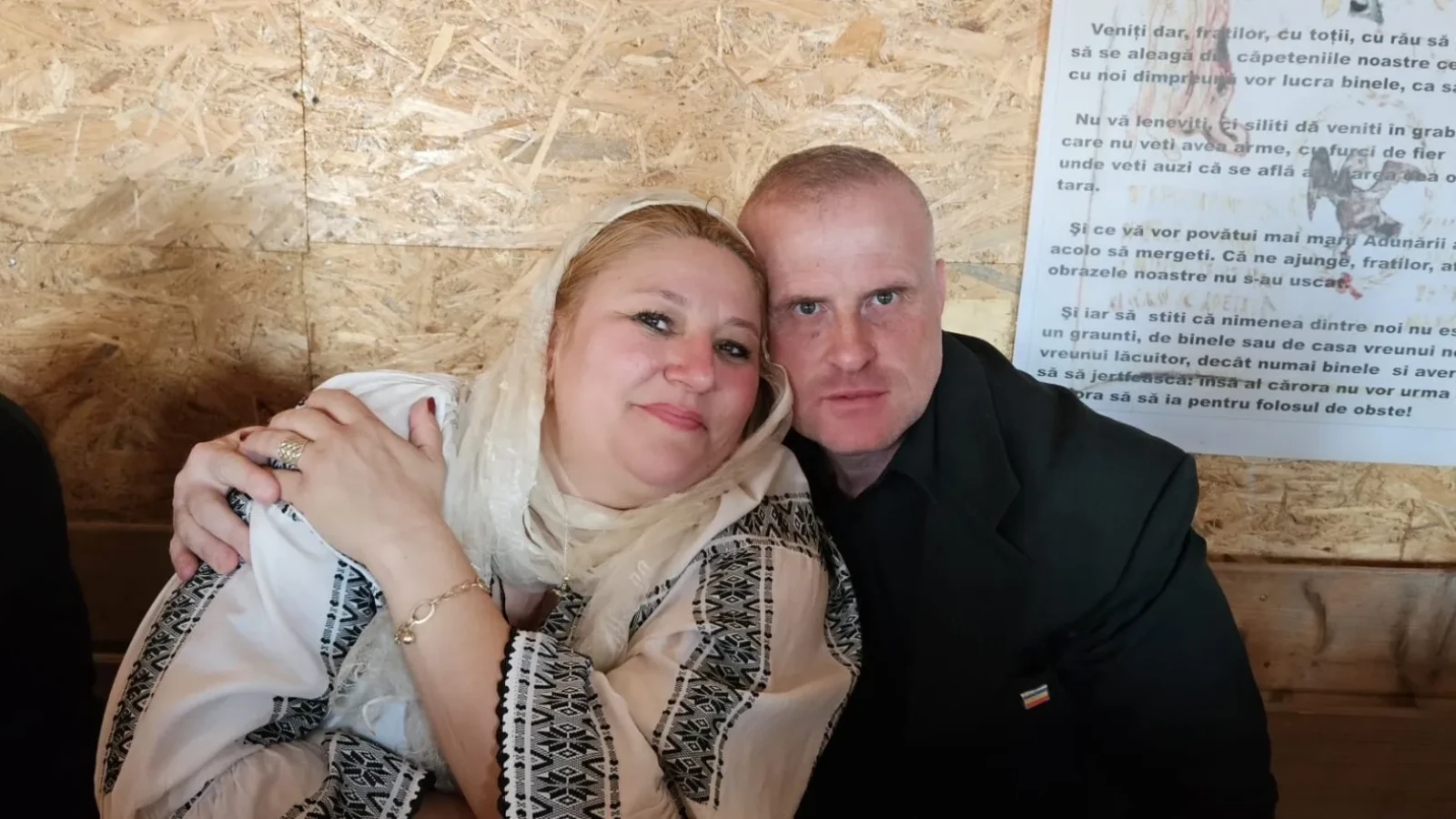

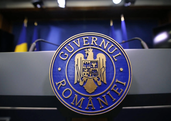
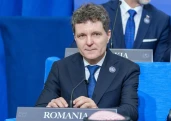
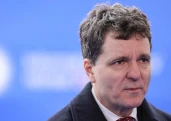
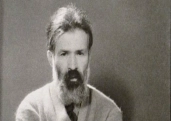

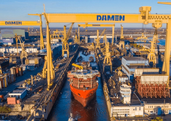
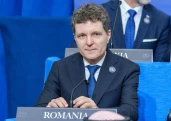
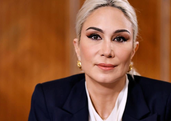
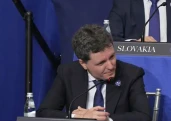

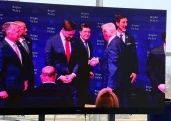
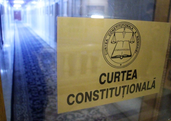


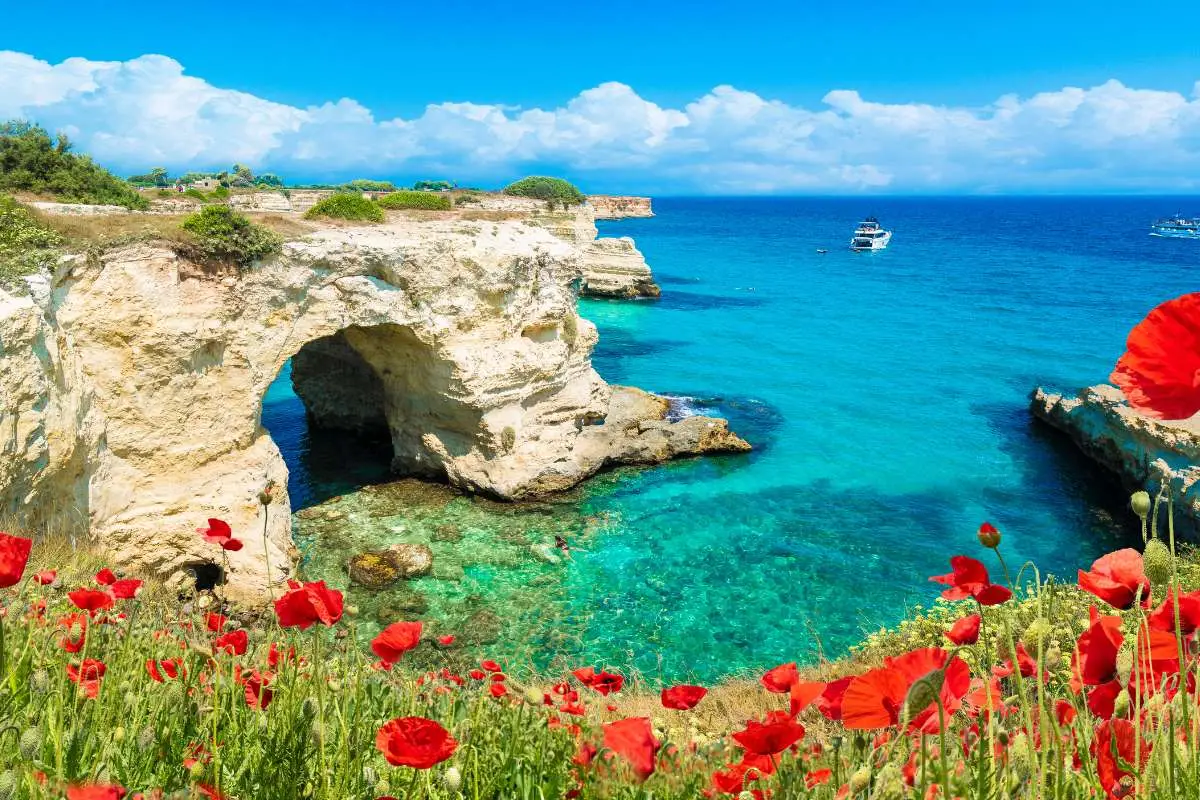

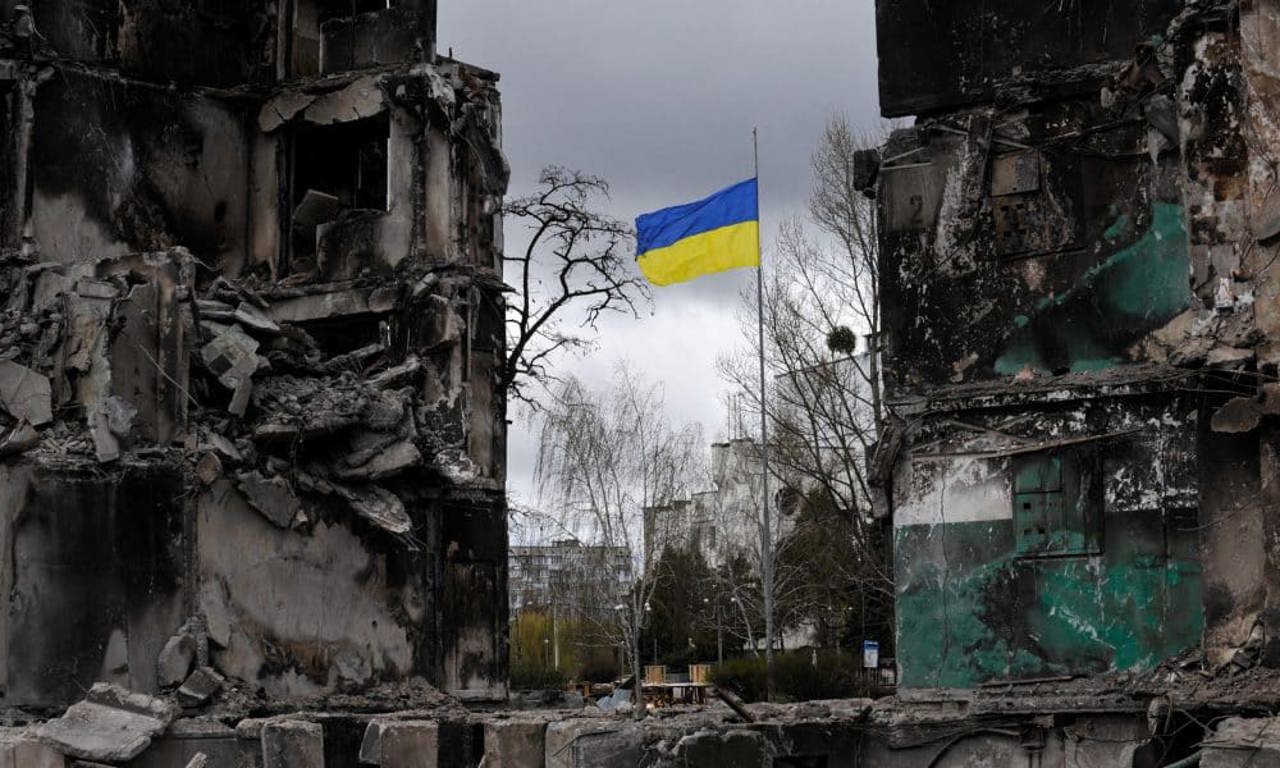
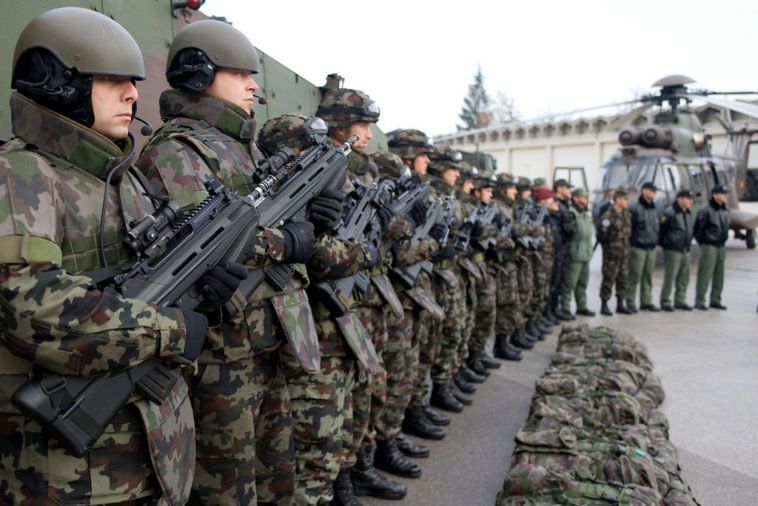
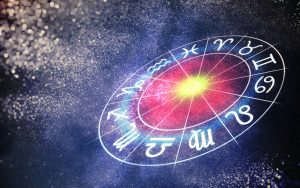
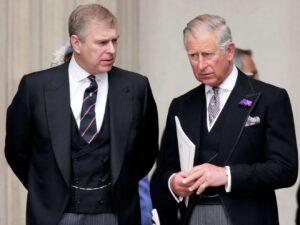






Comentează